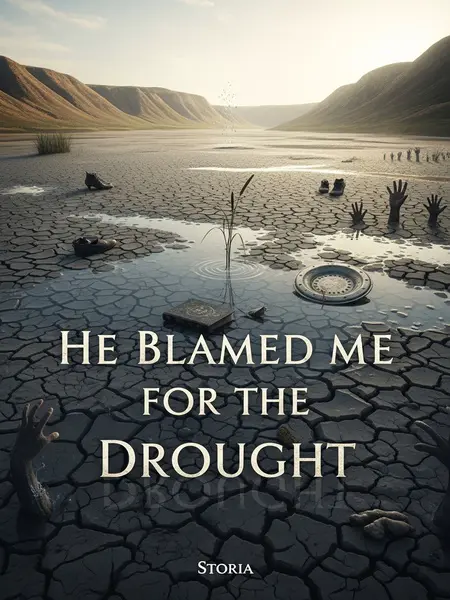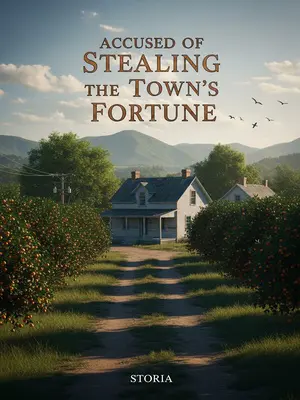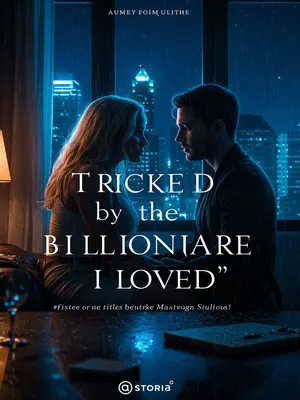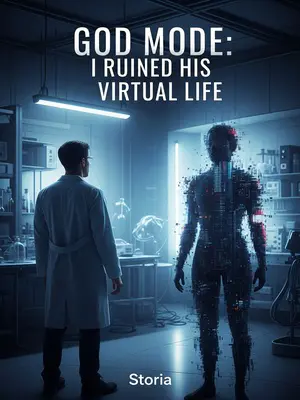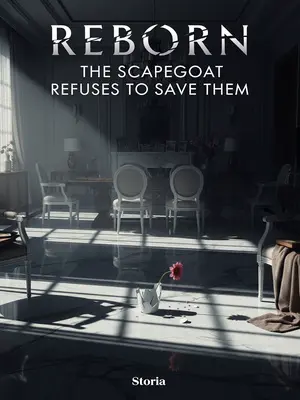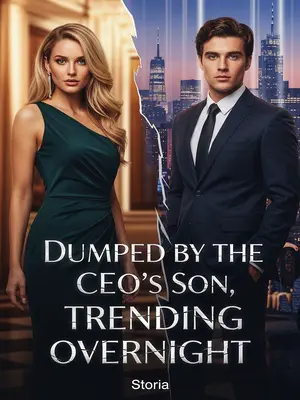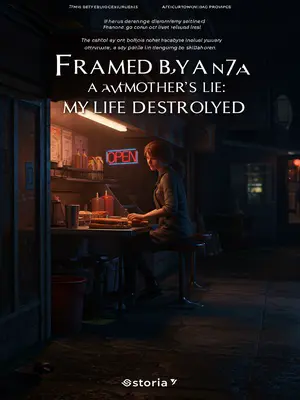Chapter 5: The Weight of Failure
His voice carried over the crowd, skeptical but willing to try anything. The preacher nodded, his robe fluttering in the breeze, bluffing confidence.
The preacher whispered in his ear, lips moving: “Of course it works, how could I deceive you?”
He leaned in close, voice low and urgent. The President frowned, but didn’t argue.
“You just need to throw this iron axe into the river valley, and the spirit will come up with a gold and a silver axe to find you…”
It sounded ridiculous, like something out of a fairy tale. The crowd murmured, some laughing, others shaking their heads.
The President frowned: “Are you sure you’re not making a fool of me?”
His tone was sharp, dangerous. The preacher stepped back, hands raised in surrender.
The preacher acted terrified and took three steps back: “How would I dare?”
He put on a good show, eyes wide, voice trembling. The crowd watched, hungry for drama, eager for something—anything—to happen.
He added humbly: “Remember to choose the copper axe, Mr. President.”
It was an old trick, but the President just snorted, unimpressed. The preacher’s smile faded, but he kept up the act.
This ridiculous talk made me want to laugh.
If I’d had the energy, I might’ve. But the whole scene felt more sad than funny, more desperate than silly.
The President soon laughed too, but his laughter was cold.
It sent a chill down my spine. The crowd fell silent, waiting for the next move.
He waved his hand, and instantly the young preacher was tied up, kneeling on the ground.
Rough hands grabbed him, binding his wrists with rope. He dropped to his knees, head bowed. The crowd pressed closer, eager for a show, hungry for a scapegoat.
“If no spirit comes today to return my axe, I’ll use this axe to skin you alive and pick your bones.”
The threat hung in the air, heavy and real. The preacher’s face went pale, but he didn’t protest. He just knelt, resigned.
The young preacher trembled, lowering his eyes obediently.
He looked small and scared, a far cry from the hustler I’d met on the riverbank. I almost felt sorry for him, even now.
A copper axe fell from above, chopping into the riverbed.
It landed with a dull thud, sending up a puff of dust. The crowd held its breath, waiting for a miracle.
The crowd fell silent. Not a sound.
You could hear the wind, the distant cry of a hawk. Everyone was waiting for a miracle, or a disaster.
Nothing happened.
For a long moment, the world held still. The preacher’s shoulders shook, and the President’s grip tightened on the axe.
The preacher trembled so much he could barely kneel, and the axe was about to slice his face.
He squeezed his eyes shut, bracing for the worst. The crowd leaned in, hungry for blood or a miracle—whichever came first.
The wind blew through the dry river valley.
It carried dust and the scent of old prayers. I felt it tug at me, urging me to act, even though I didn’t want to.
Listlessly, I appeared, huge, in the river valley.
I let my form swell, towering over the crowd. My shadow stretched across the cracked earth, and people gasped, some stumbling backward in fear. I felt awkward, exposed.
I spoke the ridiculous, humiliating line they expected—
“Human, did you drop this gold axe, or this silver axe?”
My voice echoed, thin and tired. The words tasted bitter, but I said them anyway, just to get it over with.
This line is so embarrassing.
I wanted to disappear, to sink back into the mud and never be seen again. But the crowd watched, hungry for answers, for hope, for something.
I don’t want to be a spirit anymore. I want to retire.
If there were a way to quit, I’d have done it long ago. But spirits don’t get to walk away—not really. Not ever.
Before becoming a spirit, my mentor said: “If wherever a spirit goes, people offer flowers, that spirit is loved by people.”
I remembered his words, soft and wise. He made it sound so simple—be good, be loved. But life was never that easy. I know that now.
“But sometimes, whether you are loved or not isn’t up to the spirit.”
That part stuck with me, even now. You could do everything right and still end up alone.
I gathered bluebells along the bank, happy as could be, but I didn’t really understand those words.
Back then, I thought flowers meant love, that offerings were a sign of kindness. I was naive, hopeful. Now, I knew better.
Now, these thin humans surrounding me, holding knives and rifles, made no effort to hide their weapons.
